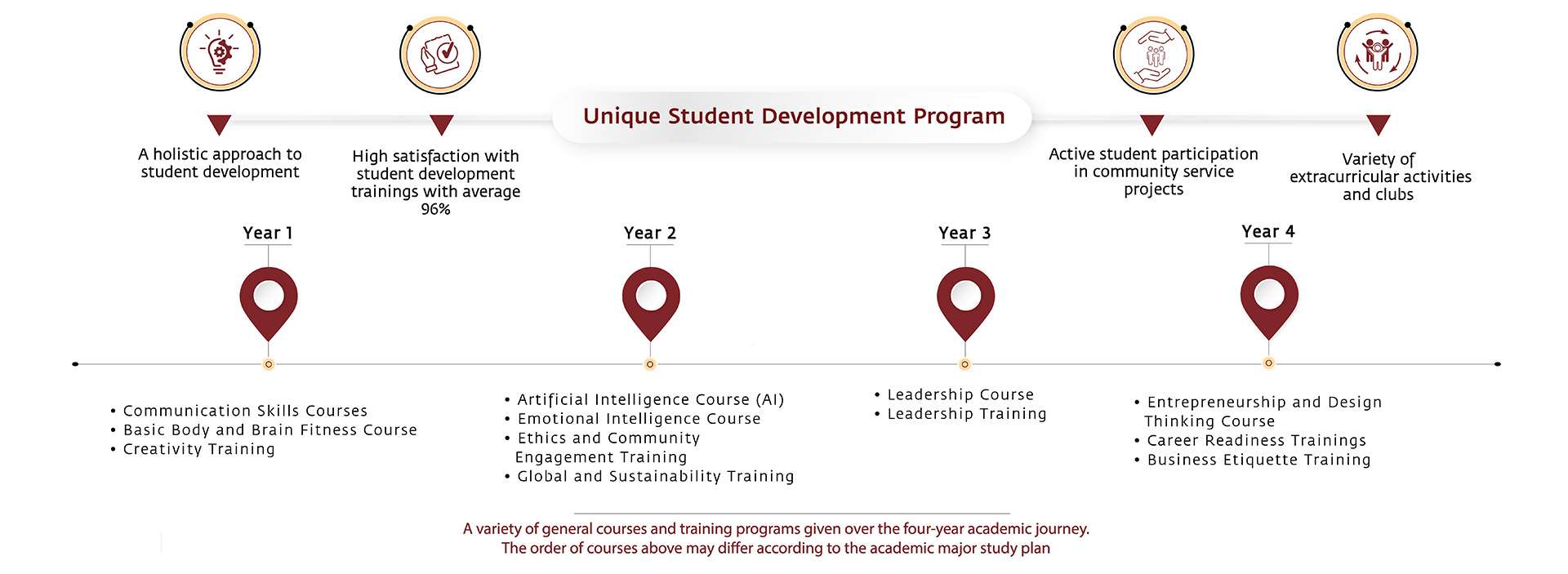Navigating the path to recovery can feel overwhelming, especially when considering the diverse landscape of rehabilitation centres in a bustling city like Mumbai. Understanding the therapeutic approaches employed within these centres is crucial for making informed decisions about your or a loved one’s care. Mumbai rehab centres offer a spectrum of therapies designed to address the multifaceted challenges of addiction and mental health issues. Choosing the right approach is essential for achieving long-term success in recovery, and many Mumbai rehab centres tailor their programs to meet individual needs.
Individual Therapy: A Cornerstone of Recovery
Individual therapy forms the backbone of many rehabilitation programs. It provides a safe and confidential space for individuals to explore the root causes of their addiction or mental health concerns. Therapists use various techniques to help clients develop coping mechanisms, process past trauma, and build self-esteem. This personalized approach allows for a deep dive into individual experiences and challenges, fostering self-awareness and promoting lasting change.
- Cognitive Behavioral Therapy (CBT): Helps identify and modify negative thought patterns and behaviors.
- Dialectical Behavior Therapy (DBT): Focuses on emotional regulation, mindfulness, and interpersonal skills.
- Psychodynamic Therapy: Explores unconscious patterns and past experiences to gain insight into current behaviors.
Group Therapy: Strength in Shared Experience
Group therapy is another vital component often found in rehabilitation centres. It provides a supportive environment where individuals can connect with others facing similar challenges. Sharing experiences, offering encouragement, and receiving feedback from peers can be incredibly empowering. Group therapy also helps to reduce feelings of isolation and shame, fostering a sense of community and belonging. The benefits of learning from others going through similar struggles are immense.
Different Types of Group Therapy
- Support Groups: Offer a safe space to share experiences and receive emotional support.
- Skills-Based Groups: Focus on developing specific coping mechanisms and life skills.
- Psychoeducational Groups: Provide information about addiction, mental health, and recovery strategies.
Alternative Therapies: Complementing Traditional Approaches
In addition to individual and group therapy, many rehab centres in Mumbai incorporate alternative therapies to enhance the overall recovery process. These therapies can provide a holistic approach to healing, addressing the mind, body, and spirit. They often complement traditional methods, offering a well-rounded and individualized treatment plan. These methods can be particularly helpful in managing stress, improving mood, and fostering self-expression.
The types of therapies available can vary widely between centers. Common examples include:
- Yoga and Meditation: Promotes relaxation, mindfulness, and stress reduction.
- Art Therapy: Provides a creative outlet for emotional expression and self-discovery.
- Music Therapy: Uses music to improve mood, reduce anxiety, and enhance communication.
- Equine Therapy: Involves interacting with horses to develop trust, build confidence, and improve emotional regulation.
Choosing the Right Therapy
Selecting the right type of therapy within the various Mumbai rehab centres is a deeply personal process, requiring careful consideration of individual needs and preferences. Consulting with a qualified addiction or mental health professional is essential to determine the most appropriate and effective treatment plan. Factors to consider include the individual’s specific challenges, personality, and goals for recovery. Remember that a combination of therapies may be the most beneficial approach, providing a comprehensive and personalized path to healing. The best Mumbai rehab centres will work with you to tailor a plan that best suits your unique needs.
Comparative Table of Therapy Types
| Therapy Type | Description | Benefits | Potential Drawbacks |
|---|---|---|---|
| CBT | Focuses on identifying and changing negative thought patterns and behaviors. | Effective for anxiety, depression, and addiction; structured and goal-oriented. | Can be challenging to confront difficult thoughts and feelings; may require consistent effort. |
| DBT | Focuses on emotional regulation, mindfulness, and interpersonal skills. | Effective for borderline personality disorder, self-harm, and emotional dysregulation; emphasizes skills training. | Requires commitment to learning and practicing new skills; can be time-intensive. |
| Group Therapy | Provides a supportive environment for sharing experiences and receiving feedback. | Reduces isolation, promotes social support, and offers diverse perspectives. | Can be intimidating for some individuals; may require vulnerability and openness. |
| Art Therapy | Uses creative expression to explore emotions and promote self-discovery. | Provides a non-verbal outlet for expression; can be helpful for processing trauma. | May not be suitable for individuals who are uncomfortable with artistic expression. |
Ultimately, the effectiveness of any therapy depends on the individual’s commitment to the process and the quality of care provided by the rehabilitation centre. It is crucial to research different centres, speak with their staff, and understand their therapeutic approaches before making a decision. The best approach to finding effective treatment in Mumbai rehab centres is to actively participate in the process and advocate for your individual needs. Remember, recovery is possible, and the right therapy can pave the way for a healthier and more fulfilling life.

